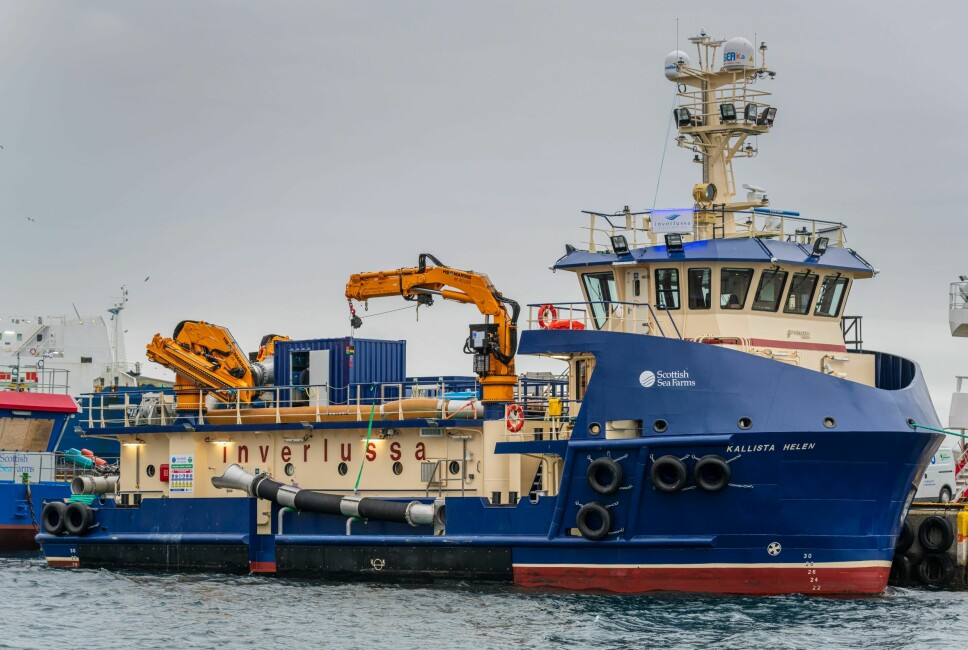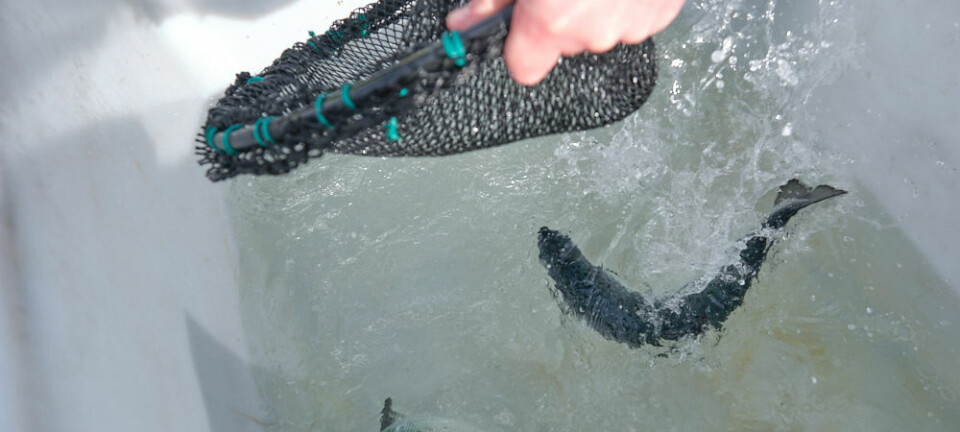
Scottish Sea Farms spent £17m on fish welfare last year
Outlay included £2.6m for Thermolicer as part of early intervention policy
Scotland’s second-largest salmon producer, Scottish Sea Farms (SSF), spent £17 million on maintaining the health and wellbeing of its fish and maximising their performance last year, according to its newly published annual report and accounts.
The outlay included £2.6 m for the company’s second Thermolicer system that uses warm water to rinse sea lice off farmed salmon.
SSF’s directors wrote that they had a prevention over cure approach to fish health and that during the 2021 financial year they had committed to three new physical removal systems for sea lice and introduced earlier interventions on a cage basis as opposed to whole farms.
Staff training
The company also spent more than £500,000 on staff training last year, an investment that the company planned to continue this year.
Turnover in 2021 was £198.923 m, an increase of £60 m (42.8%) compared to 2020, but operating profit fell by £3.955 m to £20.559 m, as reported in February.
“Our results show we continued to trade successfully, however there were higher than normal biological issues that affected our cost base and margins,” directors stated in the report.
“This was, unusually, in all our farming regions, however due to the continued hard work, diligence and focus of our staff we were able to return an acceptable operating result.”
Record number of smolts
SSF stocked a record-high number of 11.1 million smolts at marine sites following its investment in its recirculating aquaculture system (RAS) hatchery at Barcaldine, near Oban, which it said was delivering strong, healthy fish at a good cost base.
The fish farmer paid £172.5 m to purchase Grieg Seafood’s salmon farming operations in Shetland and Skye in late 2021, and as a result no dividend was paid to SSF’s co-owners, the Norwegian salmon farmers SalMar and Lerøy.
“The board wished to fully support the company in the acquisition of Grieg Seafood Hjaltland UK Limited, and this was evident as the company paid a part of the purchase price from its working capital facilities,” wrote the directors, who include executives from SalMar and Lerøy.
£21.8m wage bill
SSF paid £21.822 m in wages and related costs in 2021, up from £19.657 m in 2020. Separately, the highest paid director received emoluments of £566,000, fractionally more than the £564,000 they received in 2020.
The company paid £5.809 m in tax (2020: £4.867 m), and increased the amount of bank debt repayable within five years from £61.7 m to £158.7 m as a result of paying off existing loans then taking out new loans of £60 m in July 2021 and £100 m on 2 January, 2022, the last day of the financial year.






















































